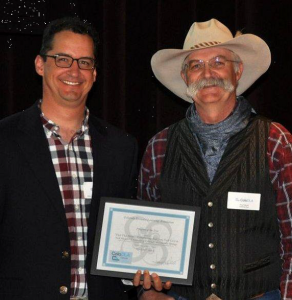Earth Systems Science: Exploring Change in the Critical Zone
Teacher Professional Development Field Course for Middle and High School Practitioners
Teacher Professional Development Field Course for Middle and High School Practitioners
 Join experts from the University of Colorado Boulder and other
national-level organizations for three days of experiential learning,
field-science research, hands-on activities and classroom resources
focused on Earth Systems Science and the Boulder Creek Critical Zone
Observatory Program. Based from the inspiring CU Mountain Research
Station on Niwot Ridge, with field explorations of local steams, ponds,
snowfields, research sites and areas impacted by recent forest fires,
this will be a fun, enriching and educational experience for all
participants. http://sciencediscovery.colorado.edu/teacher-mountain-research-experience/
Join experts from the University of Colorado Boulder and other
national-level organizations for three days of experiential learning,
field-science research, hands-on activities and classroom resources
focused on Earth Systems Science and the Boulder Creek Critical Zone
Observatory Program. Based from the inspiring CU Mountain Research
Station on Niwot Ridge, with field explorations of local steams, ponds,
snowfields, research sites and areas impacted by recent forest fires,
this will be a fun, enriching and educational experience for all
participants. http://sciencediscovery.colorado.edu/teacher-mountain-research-experience/











